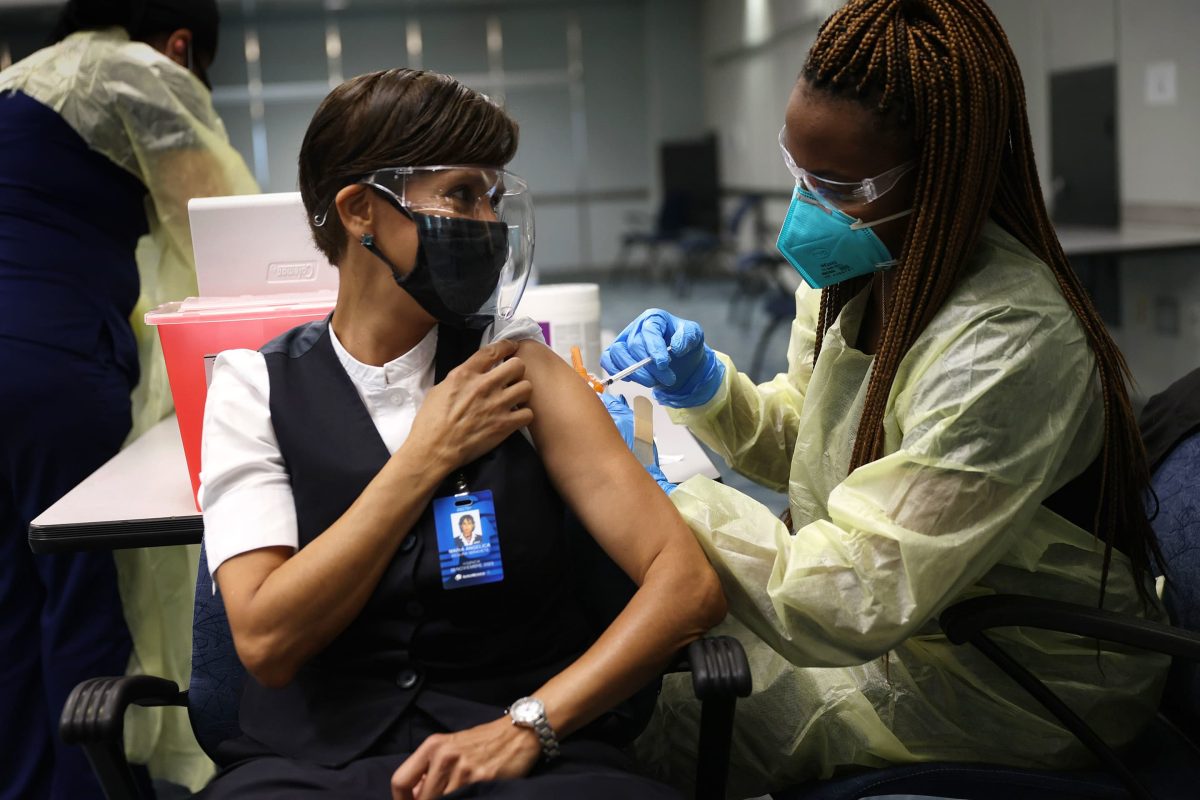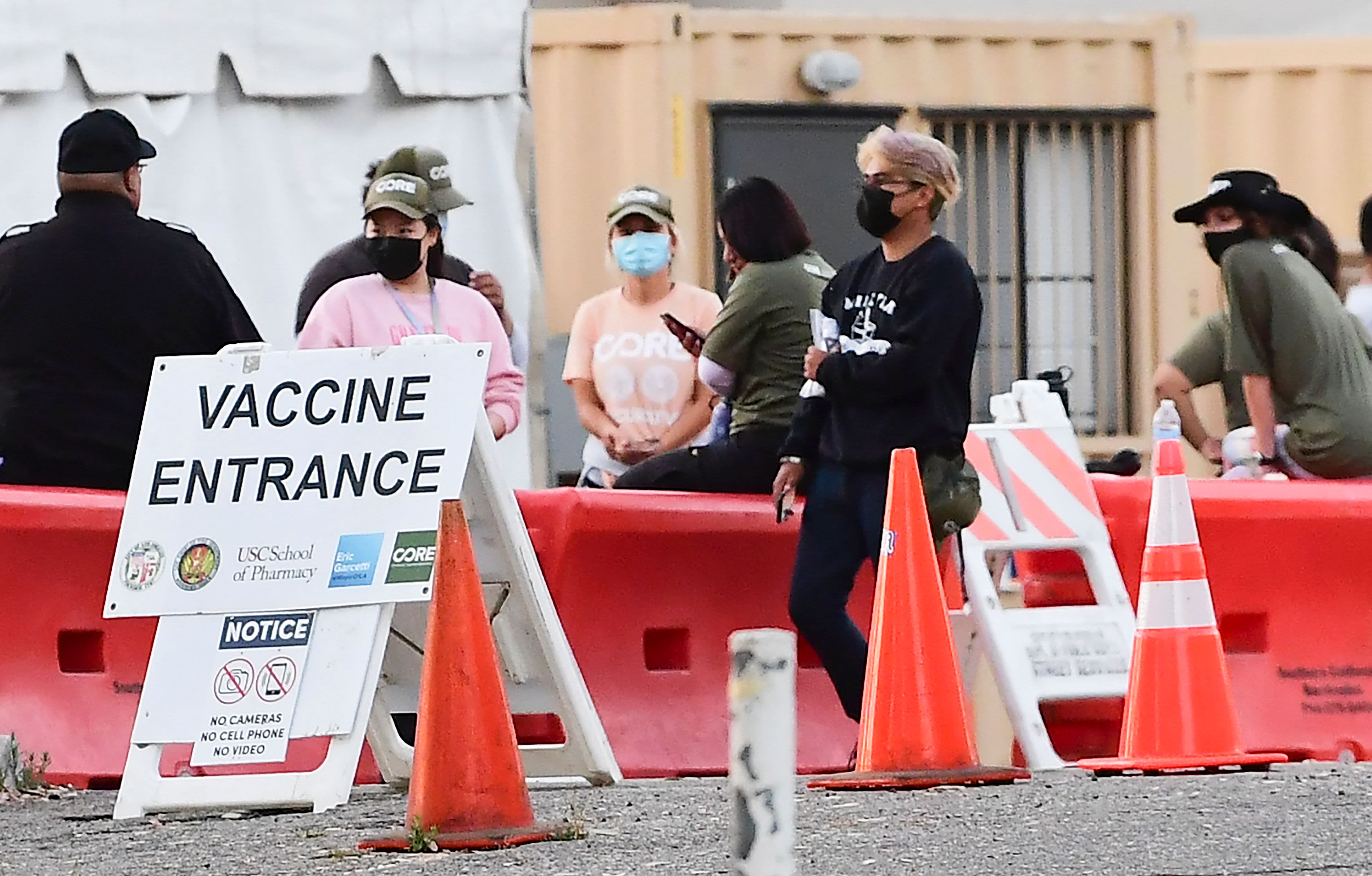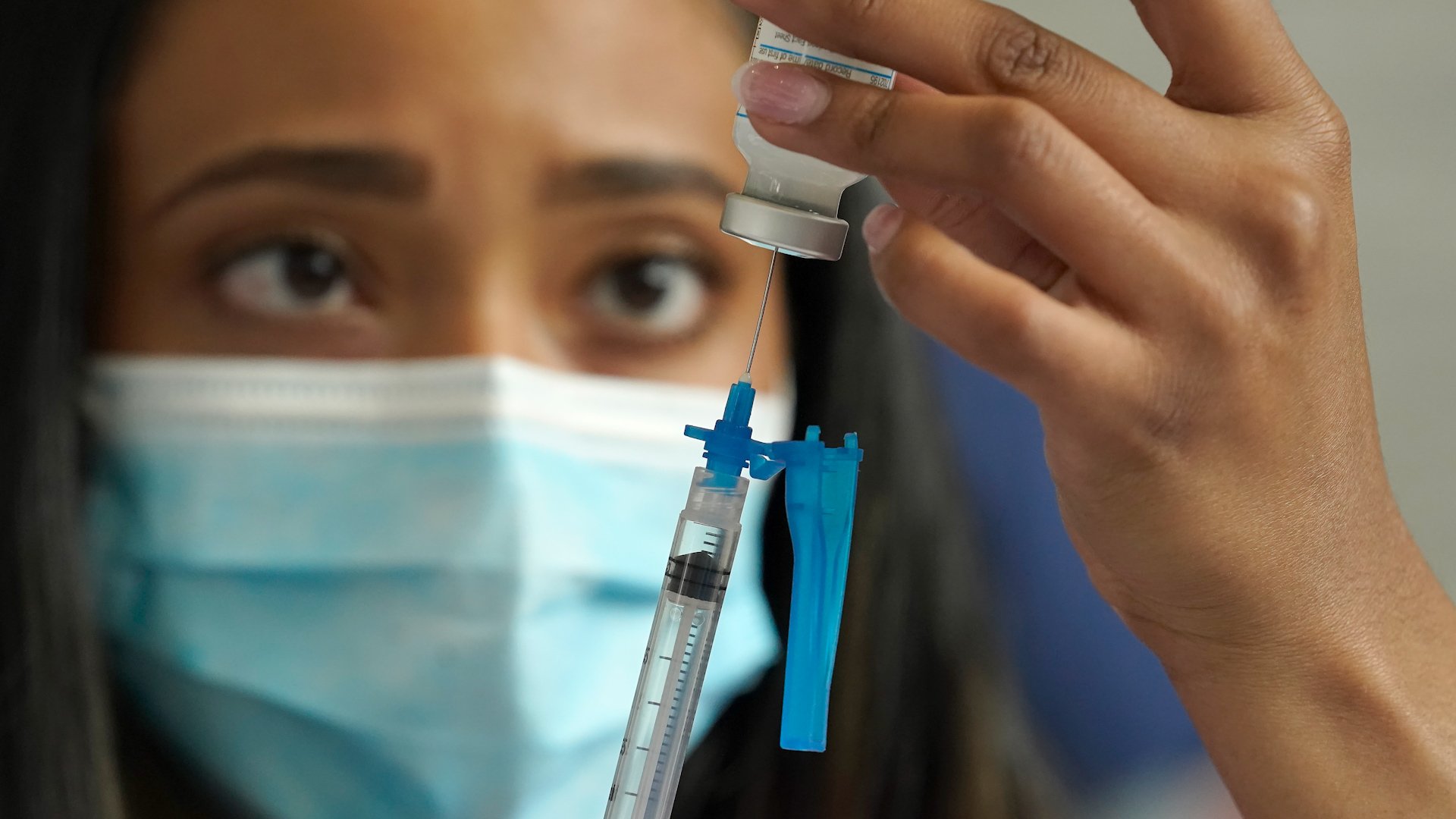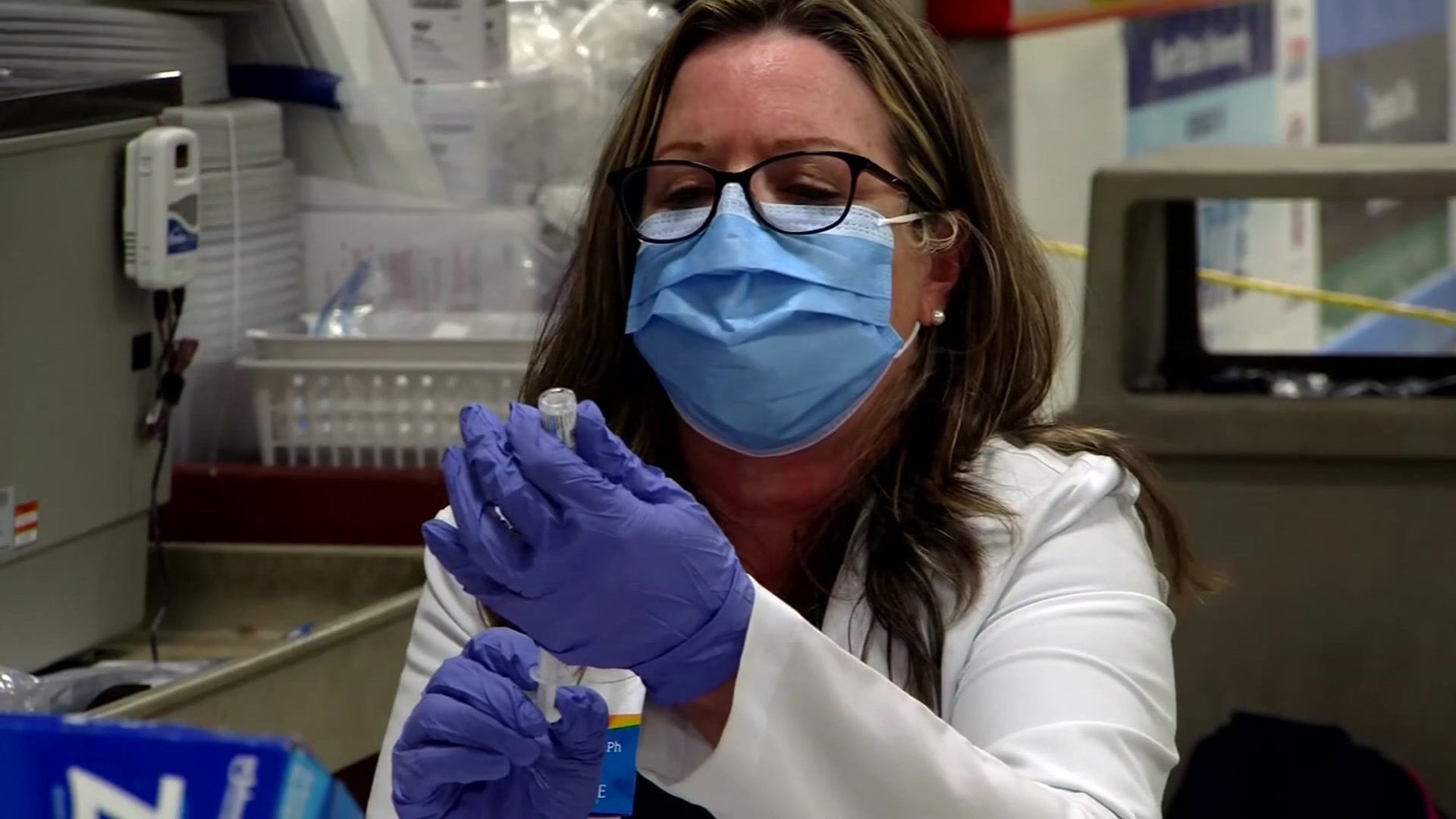Even though Dallas County is said to have reached herd immunity, meaning 80% of the population is either vaccinated or has antibodies from a previous infection, the coronavirus is still spreading.
"Don't let your guard down," is the big message Thursday from North Texas health leaders.
Even though Dallas County is said to have reached herd immunity, meaning 80% of the population is either vaccinated or has antibodies from a previous infection, the coronavirus is still spreading.
Watch NBC 5 free wherever you are

Health officials said Thursday the spread of the virus is mainly among younger people who are not vaccinated.
Get top local stories in DFW delivered to you every morning with NBC DFW's News Headlines newsletter.
"It is those between 30- and 40-years-old getting sick. If you look at the people in my hospital right now with COVID, we aren't seeing people in their 60s, 70s, 80s. They are all 40 years old," said Parkland Hospital System Chief Medical Officer Dr. Joseph Chang.
Delta Variant
Health experts expect more people to become sick as the highly contagious Delta variant continues to spread.
Dr. Katelyn Jetelina, Ph.D., MPH, an epidemiologist with UTHealth School of Public Health in Dallas, is working to keep the public informed through her blog, "Your Local Epidemiologist."
In data she compiled, the Delta variant makes up 69% of COVID-19 cases in Texas.
"We know that it is more transmissible. It's more contagious and because of this, we need a whole lot more protection around ourselves and in our community in order to reach herd immunity to stop transmission in its tracks," said Jetelina.
The significantly higher viral loads and more infectious nature of the Delta variant could put the herd immunity target in Dallas County as high as 88% to suppress infection spikes when the Delta variant becomes the dominant variant in a few weeks' time, according to PCCI.





